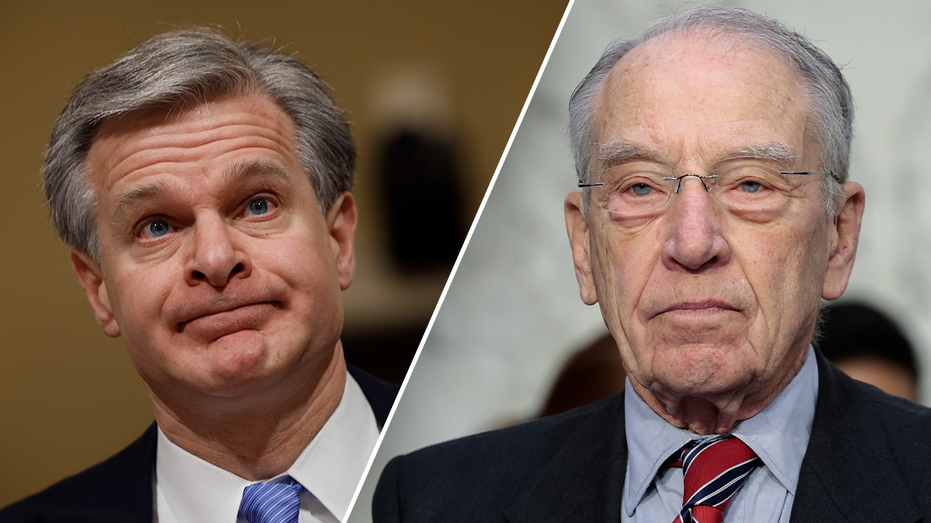Senator Grassley Accuses FBI of Using Biased Sources in Anti-Traditional Catholic Memos During Biden Administration
Senator Grassley criticizes FBI probe of traditional Catholics, citing biased sources like SPLC in broader investigation allegations.

The scope of the FBI's operation examining traditional Catholic congregations during the Biden administration was far broader than previously acknowledged, according to a tranche of newly released documents. The agency had previously characterized its interest as the product of a single controversial memo generated by the FBI’s Richmond, Virginia field office in 2023—an assurance provided to Congress by then-Director Christopher Wray.
However, the materials made public this week indicate that the investigation involved far more extensive internal communication and documentation. Senator Chuck Grassley, chair of the Senate Judiciary Committee, cited these findings to contend that the agency engaged in a coordinated effort targeting what the bureau described as “radical traditionalist Catholics.” Grassley criticized the FBI for misrepresenting its actions and for not fully cooperating with oversight efforts. "I’m determined to get to the bottom of the Richmond memo, and of the FBI’s contempt for oversight in the last administration," Grassley stated, underscoring his commitment to restoring public trust in federal law enforcement.
Among the revelations is the existence of at least 13 additional FBI documents and five attachments that reference or repeat language linking “radical traditionalist Catholics” with potential violent extremism. These communications cited information supplied by the Southern Poverty Law Center (SPLC), an organization that has itself been accused of bias by some lawmakers. Notably, a second draft FBI memo, which echoed the same controversial link, was intended for wider bureau distribution but ultimately never released following significant backlash after the first memo became public through a whistleblower.
Further complicating the agency’s narrative, the Richmond memo had been disseminated to more than 1,000 FBI personnel across the country. Internal emails showed that the Buffalo field office expressed concerns about hate groups identified in the SPLC’s reporting, highlighting the national reach of the investigation. Despite these broad efforts, Wray maintained during congressional testimony that the inquiry was a localized product, saying, “It was a product by one field office... and when we found out about it, we took action.” Wray did not reveal the existence of multiple other documents, nor the second draft memo.
The initial memo, titled “Interest of Racially or Ethnically Motivated Violent Extremists in Radical-Traditionalist Catholic Ideology Almost Certainly Presents New Mitigation Opportunities,” was met with swift condemnation from Republican lawmakers. Critics argued the document unfairly targeted Catholics and posed a threat to civil liberties, prompting urgent calls for transparency and accountability within the bureau.
Grassley’s letter to the FBI called attention to the agency’s use of what he termed “deeply-biased sources” in the development of its memos and raised concerns about the misleading picture painted by former Director Wray’s Congressional testimony. “These letters focused on the preparation of the memo, its dissemination, the use of biased sources such as the radical Southern Poverty Law Center, and later, the FBI’s misleading representations to Congress,” Grassley wrote.
The controversy has reignited fierce debate in Washington over the FBI’s ability to conduct investigations impartially and transparently, as well as the adequacy of congressional oversight mechanisms. As calls mount for the agency to clarify its practices and provide fuller access to internal records, both lawmakers and advocacy groups are demanding reforms to ensure that justice is administered without political or religious bias. The FBI, while confirming receipt of Grassley’s letter, has declined further comment on the matter.




